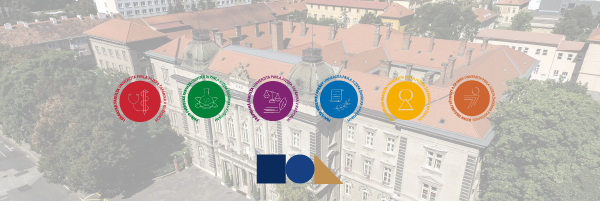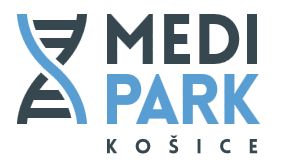Each year, the National Agency announces a Call for Applications for Erasmus+ Special Needs support. The grant is intended for students and staff of universities with severe disabilities or special needs, who have been selected by their university for an Erasmus mobility and who are holders of a card/certificate confirming severe disability. The application is submitted to the National Agency by the sending university and is accompanied by the applications of the applicants (future mobility participants) for this grant.
More information on the dates of publication of the call for applications will be provided by the Erasmus coordinators at the individual faculties/departments/institutes, and by the coordinators of the UPJŠ International Relations Office.
The applications of the participants with special needs have to be submitted by the students and university employees, while using the official form together with the relevant documents – a copy of the card/certificate confirming severe disability and an acceptance letter from the receiving institution. These documents have to be submitted by the student/staff member to the Erasmus+ coordinator at his/her university. The deadline for the submission of applications is set by the university.
The applications are approved by the National Agency and by its Erasmus+ Selection Committee.
For the diagnosis of celiac disease and diabetes, the National Agency and its Erasmus+ Selection Committee, set daily rates depending on the receiving country (see the Table below). The special grant for Erasmus mobility participants with other diagnoses depends on the degree of health issue and the justification for the financial support requested. The evaluation of the applications will be ensured individually.
Table: Daily rates for the dignosis of celiac disease and diabetes
| Categories of the receiving countries | Countries | Daily rates |
|---|---|---|
| Group 1 – Countries with higher living costs | Denmark, Finland, Iceland, Ireland, Luxembourg, Sweden, United Kingdom, Lichtenstein, Norway, |
4 € |
| Group 2 – Countries with medium living costs | Austria, Belgium, Germany, France, Italy, Greece, Spain, Cyprus, Netherlands, Malta, Portugal |
3 € |
| Group 3 – Countries with lower living costs | Bulgaria, Croatia, Czech Republic, Estonia, Lithuania, Latvia, Hungary, Serbia, Slovenia, Poland, Romania, North Macedonia, Turkey |
2 € |
The special grant must be carefully documented by the participant with diabetes/celiac disease on the basis of real costs. In case of mobility shortening (5-day tolerance) the special grant will be aliquoted and the remaining amount must be returned by the participant, or it can be transferred by the university to another participant with an approved special grant, who in turn has extended his/her mobility. A tolerance of 5 days means that if the difference between the originally planned and the actual duration of the mobility is not more than 5 days, the grant of the student will not be reduced. Although there are daily rates for these two diagnoses, the expenses have to be documented with receipts.
The special grant for Erasmus mobility participants with other diagnoses depends on the degree of health issues and the justification for the financial support requested. The evaluation of the applications will be ensured individually. In case the grant is not spent/used, the undrawn amount must also be returned to the National Agency. For the purposes of documentation, the National Agency recommends using the forms published on the website www.erasmusplus.sk, section I have a project, Contracts, KA103.
The recipient of the special grant must submit documents/receipts (e.g. for travel and subsistence costs for the accompanying person, special transport, nurse, assistant, the purchase of special teaching equipment, etc.) proving the use of the special grant. In the case of an accompanying person/personal assistant, the mobility participant must have a personal assistance contract signed with this accompanying person/personal assistant.
The balance of expenditures needs to be submitted by the participant to his/her home university. The university will keep these documents and make them available for inspection.













